Tehran(Bazaar): the Russian and Iranian economies are complementary for reasons related to their geography, markets, and natural resources. It’s crucial for both sides to cooperate in the energy sphere since they have some of the world’s largest gas reserves, Andrew Korybko tells Bazaar in an exclusive interview.
He also says that one exciting possibility is that the Islamic Republic can engage in so-called a “gas swap” with Russia with their close Indian partner just like the one that it’s already involved in with Turkmenistan and Azerbaijan.
The interview follows:
Bazaar: As you know, there was news about a new round of talks between Iran and the Eurasian Economic Union to finalize the text of the Free Trade Agreement and determine the commodity list. To what extent is the finalization of this agreement effective in expanding Iran's trade relations with the Eurasian Union member states, especially Russia, in the current situation, and will it help advance these relations?
Korybko: The finalization of these free trade talks will unlock each parties’ economic complementarity with the other. The Eurasian Economic Union (EAEU) states and Iran are natural partners for one another due to their close locations, market potential, and natural resources.
Making progress on this pact at this particular moment in the global systemic transition to multipolarity will relieve some of the US-led Western pressure upon both sides. That will in turn gradually lead to an improvement in their people’s living standards that will thus mitigate some of the political consequences that these sanctions were supposed to result in with respect to manufacturing the socio-economic context for Color Revolutions.
Bazaar: It is expected that in the current context of the Ukraine crisis, despite Russian sanctions and the tendency of this country, as well as China to cooperate using national currencies, the Islamic Republic will be able to neutralize US sanctions and use its national currency with these countries. What do you think about this?
Korybko: That’s a logical prediction that makes sense from the perspective of Iran’s objective economic interests.
Bazaar: China and Russia say new sanctions have undermined the structure of the US dollar-denominated international monetary and financial system. In your opinion, what effects will this common monetary system have on other Eurasian countries as well as Iran?
Korybko: Conducting trade in national currencies strengthens each side’s economic sovereignty by reducing external risks that can artificially be manufactured as punishment for their foreign policy, for instance, US-led Western sanctions. It’ll bolster their currencies and thus stabilize their economies with time.
Bazaar: The exchange of delegations between Iran and Russia and the recent visit of Alexander Novak to Iran have had a direct impact on boosting Iran's exports to Russia, especially since the beginning of the conflict with Ukraine, as well as the signing of a free trade agreement with the Eurasian Economic Union. What is your assessment of the expansion of bilateral exchanges, especially in the field of energy?
Korybko: As mentioned in the first answer, the Russian and Iranian economies are complementary for reasons related to their geography, markets, and natural resources. It’s crucial for both sides to cooperate in the energy sphere since they have some of the world’s largest gas reserves. One exciting possibility is that the Islamic Republic can engage in so-called a “gas swap” with Russia with their close Indian partner just like the one that it’s already involved in with Turkmenistan and Azerbaijan.
Bazaar: Although Iran-Russia relations have experienced many ups and downs throughout history, international analysts acknowledge that the expansion of economic cooperation between the two countries has never been important in recent years. What is your opinion?
Korybko: To the contrary, both sides have been talking about a free trade pact in recent years, which testifies to the importance that they attach to their economic relations. Progress was slow but steady, and while this pace might not have pleased some observers, it’s still impressive that the talks continued to evolve.
Bazaar: Russia believes that today there is a significant number of empty markets that can be filled, including Iranian products. What do you think about this?
Korybko: Certainly, and not just Iranian products, but any Global South state's if they're capable of meeting Russia's market needs.
Bazaar: Russia can use the experience of countries like Iran to defuse Western sanctions, and strengthening economic cooperation between Moscow and Tehran will help both countries contain Western pressure. Can Russia use the experience of countries like Iran to defuse Western sanctions, and strengthening economic cooperation between Moscow and Tehran will help both countries contain Western pressure. What is your opinion on this?
Korybko: There are many more sanctions on Russia than there ever were on Iran. The first can learn from the second in some respects but their situations are very different.

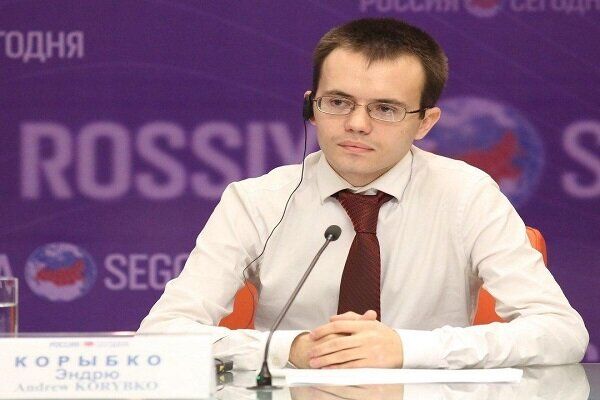




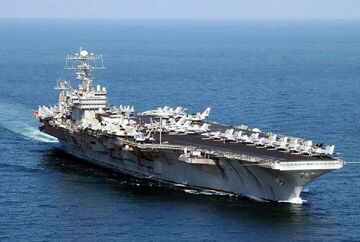
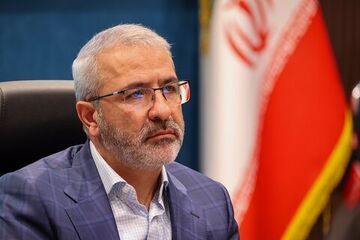
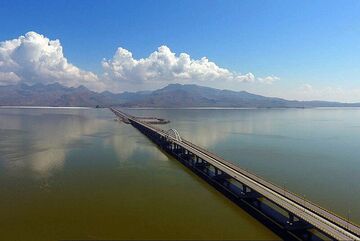
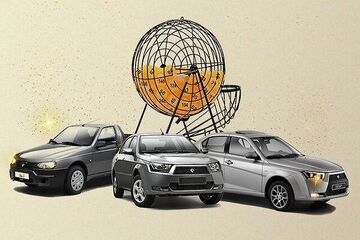
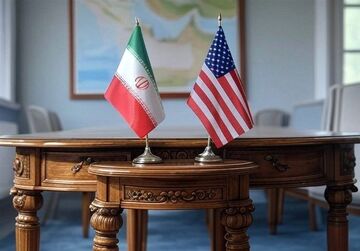

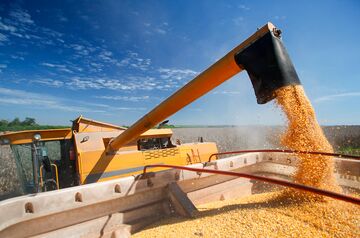
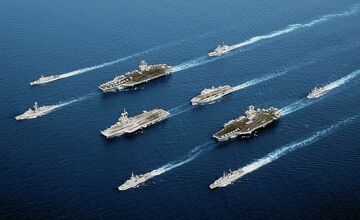

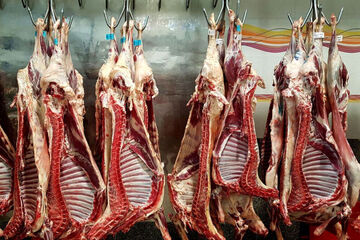
نظر شما